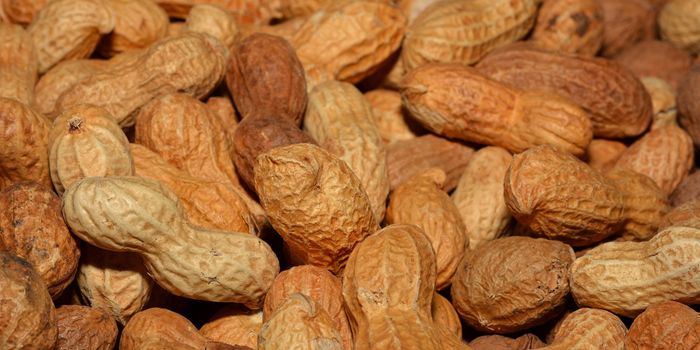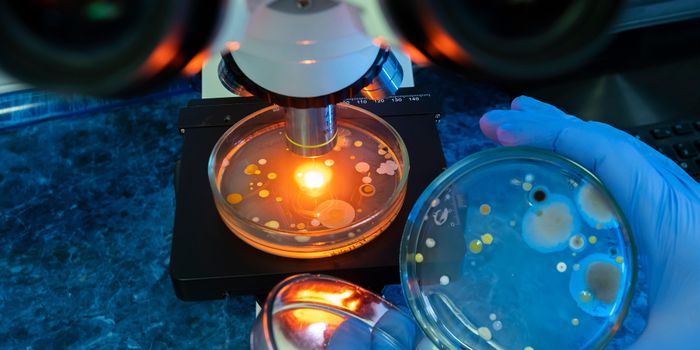Why Halloween Is Extra Scary for Kids With Peanut Allergies
A recent study showed that there is an 85 percent spike in peanut allergy anaphylaxis cases on Halloween. The study, performed by researchers at McGill University, tracked almost 1,400 patients at participating Canadian pediatric emergency rooms over nearly a decade. The results put Halloween as the holiday at the top of the leaderboard for nut-related anaphylaxis cases, with Easter coming in at second place.
“Identifying certain times associated with an increased risk of anaphylaxis — a serious and life-threatening allergic reaction — could help to raise community awareness, support, and vigilance,” said Melanie Leung, a researcher involved in the study.
“This information would identify the best timing for public awareness campaigns to prevent allergic reactions.”
When it comes to reaction-causing foods, peanuts are one of the most notorious, with tree nuts, cow’s milk, eggs, soy, and wheat also classified as common triggers. For those affected, a seemingly innocuous peanut butter and jelly sandwich could easily be a killer. Moreover, peanut allergies tend to appear very early in life, don’t resolve in adulthood, and can cause deadly shock even after trace amounts of exposure.
How does chomping on a nutty Halloween treat have such lethal consequences in those affected? In those who are sensitive, exposure to allergens in peanuts causes the immune system to overreact, secreting abnormally high amounts of an antibody called Immunoglobulin E, or IgE. These molecules latch on to receptors on immune cells called mast cells. This primes the cells to flood inflammatory chemicals such as histamines and cytokines upon the slightest detection of the offending allergen. These inflammatory factors are responsible for the life-threatening symptoms such as throat swelling.
On a positive note, peanut allergies may be avoidable. Emerging research is providing evidence that feeding babies peanuts during their transition from milk to solid foods, at around four months of age, could actually give them a tenfold protection against peanut allergy risk.
Sources: McGill University, CMAJ, Curr Allergy Asthma Rep.









